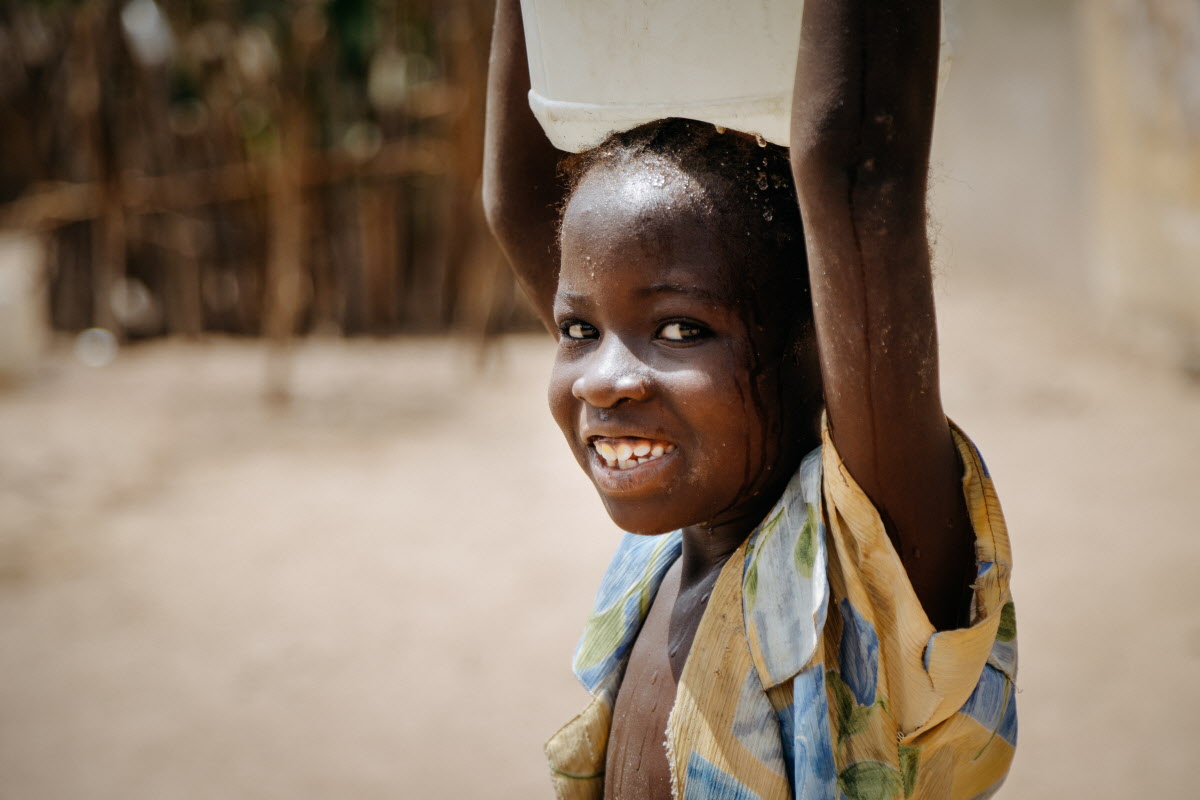Here’s some great news you may have missed last month: Despite the looming pressures of the end of the year and legislative session , the U.S. Senate followed their House colleagues in passing the Frederick Douglass Trafficking Victims Preventions and Protection Reauthorization Act (TVPRA) via a voice vote on December 17, 2018. This vital vote ensures that the U.S. government’s work to end human trafficking and support for other child protection priorities will not lapse, sending a clear message that the issue of human trafficking is a priority for the U.S. government.
What will TVPRA do?
The TVPRA supports efforts to combat human trafficking by funding and authorizing numerous critical programs — including sex and labor trafficking — and prosecute offenders of this heinous crime. This also includes programming designed to care for those who have been trafficked, such as long-term housing and trauma care for youth transitioning from foster care and women or girls in underserved populations.
The legislation includes the authorization of programs that aid law enforcement and the prosecution of offenders. For example, because of TVPRA, airlines that contract with the federal government are now required to train their employees to recognize instances of human trafficking.
The bill also directly supports World Vision’s commitment to protecting the most vulnerable children. Critical to the operations of World Vision’s child protection programs is the Bureau of International Labor Affairs (ILAB), which focuses on ending child labor. World Vision currently utilizes funding from ILAB for anti-child labor and trafficking projects in Honduras and Mexico among other areas. TVPRA backed the ILAB through specific language in the legislation stating that ILAB “plays a critical role in preventing and protecting children from the worst forms of child labor, including situations of trafficking.” Funding for ILAB for fiscal year 2019 sits at $59.8 million (this is a part of government funding that was approved by Congress and not impacted by the impasse over remaining FY19 spending), with World Vision currently utilizing $28.6 million over multiple years for programs focused on ending child labor practices.
Impacts on child soldiers
World Vision’s government relations team also worked to secure new additions to TVPRA regarding child soldier prevention. These new provisions include the addition of new actors — like police and security forces — to the entities that the U.S. government can list as part of the child soldier watch list maintained by the U.S. State Department. Inclusion on the watch list bars the U.S. government from providing those countries with certain security assistance and commercial licensing of military equipment. In addition, this list allows the U.S. government to directly publicize their actions, providing more leverage and pressure on the violating country or actor to end this practice.
Other additions include stronger reporting requirements on the U.S. government’s activities to protect children from being recruited as soldiers, and a requirement for the Administration to provide justification to Congress should the President decide to waive a country from the child soldier watch list due to the national interests of the United States.
How YOU made a difference
While World Vision’s government relations team helped to shape this legislation through our interactions with leaders in Congress, World Vision advocates who asked their senators and representatives to support this vital bill played a crucial role. World Vision advocates sent hundreds of tweets and phone calls, and over 14,000 emails throughout the tenure of the last Congress. Some advocates also made the commitment to meet with their representatives directly at their district offices. These actions are vital in making elected leaders aware of the level of importance their constituents put on bills designed to assist in ending violence against children.
This combination of advocate support and the government relations team’s work with congressional staff demonstrates to elected leaders that protecting children is a top priority for the American people. The voice that World Vision uses to encourage our government to act to protect children around the world is a result of this combination of activity.
While the passage of the TVPRA is vital in protecting the most vulnerable children, there is still much work to be done and more opportunities for World Vision advocates to partner with us are on the horizon. As we begin 2019, we look forward to more success with the help of our advocates.
Want to get more involved this year? Fill out the form below to learn more about our volunteer advocacy community:
Photo: This young girl is from Tonguia, in the south of Senegal. Poverty and cultural and religious customs expose children to issues such as begging, early marriage and pregnancy, female genital mutilation, child labor and trafficking, and lack of official birth documentation. This is why World Vision, partners with local government, other agencies as well as community and religious leaders to engage in greater child protection. ©2018 World Vision /Jeff Arnold



3 Comments